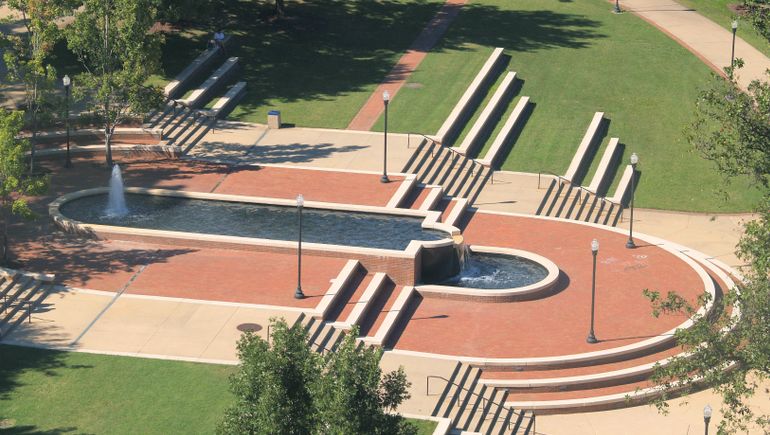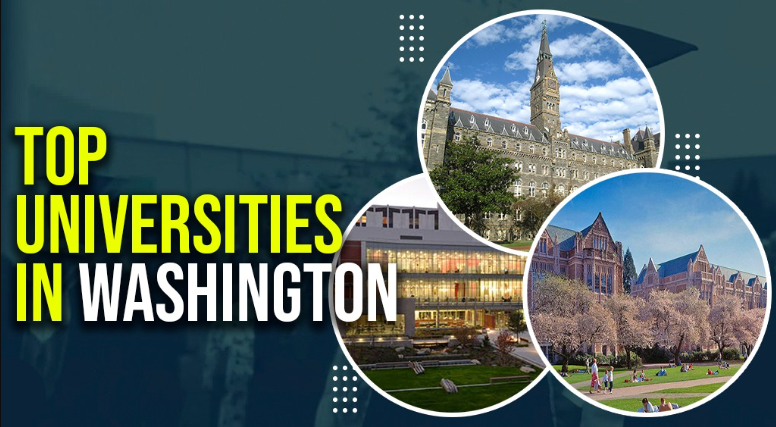Dive Brief:
- The University of North Carolina at Greensboro’s leader announced plans Thursday to wind down 20 academic offerings, spanning from bachelor’s degrees in anthropology and physics to graduate programs in nursing and mathematics.
- The final program cuts come about two weeks after UNCG unveiled recommendations to discontinue 19 course offerings, minors, bachelor’s degrees and graduate programs. On Jan. 22, UNCG Provost Debbie Storrs added an additional program — a Ph.D. in computational mathematics — to the list of recommended cuts.
- Thursday’s decision didn’t save any programs from the chopping block, though one undergraduate degree program is transitioning to a concentration. The affected programs will no longer accept new students, though current enrollees will be able to complete their studies at UNCG if they maintain good academic standing.
Dive Insight:
UNCG Chancellor Franklin Gilliam Jr. made the final decision to cut the programs following a review process that took over a year. Previously, Gilliam has pointed to enrollment declines and fierce competition over students as reasons to review the university’s academic offerings.
Enrollment has dropped over the past few years, falling from 20,196 students in fall 2019 to 17,978 in fall 2022 — about an 11% decline. In turn, the university’s finances have taken a hit, Gilliam told Higher Ed Dive late last year.
“UNCG has always modified our portfolio over time, eliminating and adding programs to remain relevant. Our current conditions and the higher education landscape require us to act more comprehensively and decisively,” Gilliam wrote in Thursday’s announcement.
The university’s deans will now work with the affected programs to craft discontinuation plans.
Gilliam also said that officials don’t anticipate significant changes to employee assignments in the affected programs “in the immediate future.”
Twenty faculty members and three staff members work in the affected programs and may be impacted, Kimberly Osborne, a UNCG spokesperson, said via email Thursday. Some of them may be able to continue at the university, such as by staying to teach general education courses, Osborne said.
UNCG will preserve aspects of some of the programs being eliminated. For instance, while the university is cutting a bachelor’s in religious studies, it will establish a concentration in the field under its liberal and professional studies program.
Religious studies faculty will now be part of that program, Osborne said via email.
“This comes with an expectation they will recruit new students and generate additional student credit hours with online offerings and shorter term semesters to meet a growing need for flexibility of working adults,” Gilliam said in the announcement Thursday.
UNCG also plans to offer lower-division physics courses required for science, technology, engineering and mathematics majors.
“By studying what we do well, where we have untapped opportunities, and identifying what we should discontinue, enables us to free up resources to strategically invest in the University,” Osborne said. “With over 150 areas of undergraduate study and more than 200 areas of graduate study, we are confident future students will find a program that aligns with their passion and goals.”
The university’s administration has caught flak for the way they’ve handled the cuts.
Earlier this week, UNCG’s Faculty Senate voted to censure Gilliam and Storrs, alleging that they had not provided “a clear rationale of the choice of program closures,” NC Newsline reported. And this month, an associate dean resigned in protest over the cuts, saying the programs weren’t put on the list in a “fair, transparent, and collaborative way.”
Gilliam and Storrs issued a public statement Monday slamming the censure vote as a “consequence of mis- and dis-information intended to protect the status quo.” They also maintained that the program review process has been transparent and collaborative.
“As an institution of higher learning, we expect a diversity of thought, and constructive critiques are welcomed as there is no perfect process,” they said. “However, these critiques must be based on facts, not distortions, and not on fear but on collective wisdom.”


